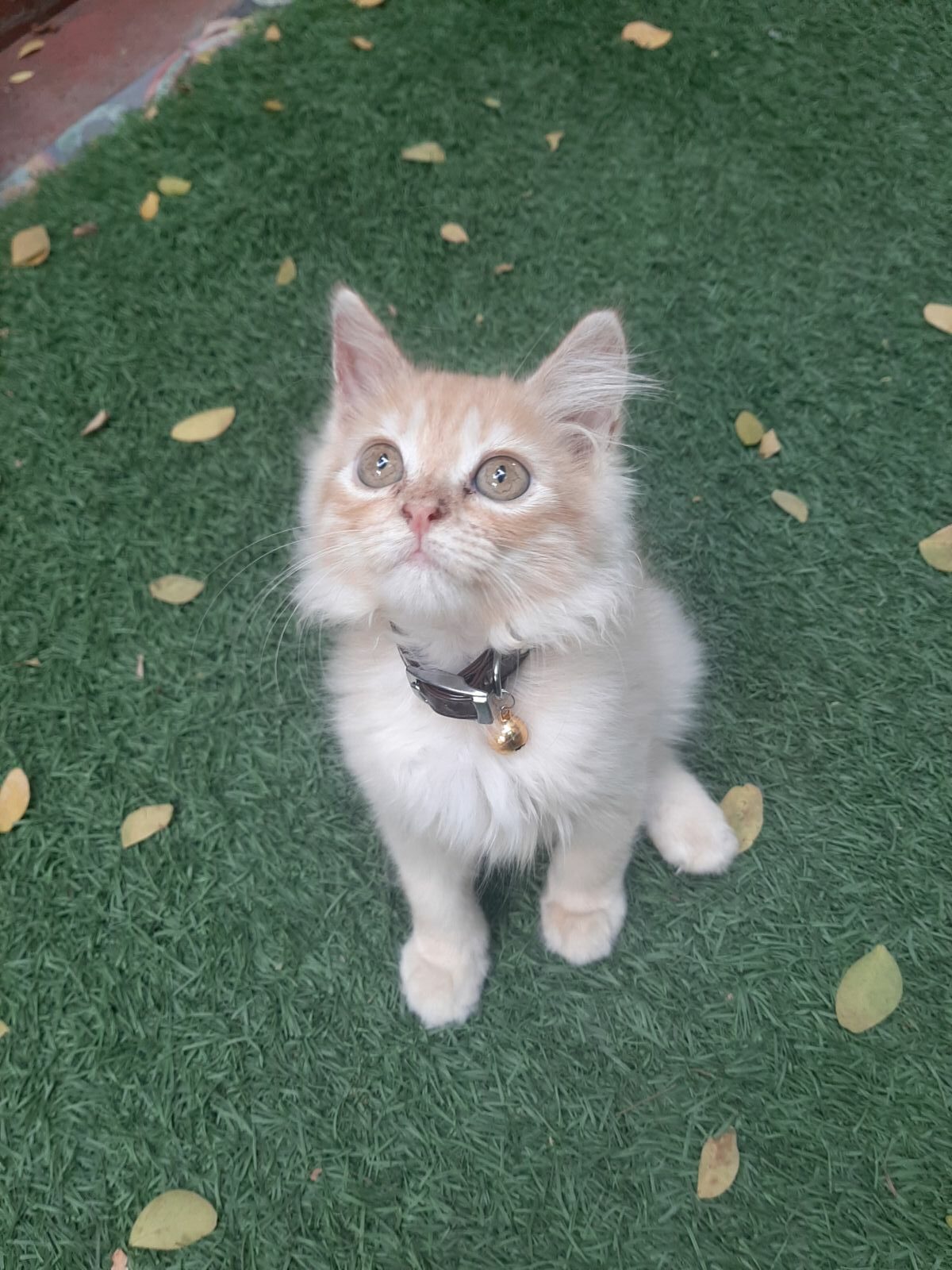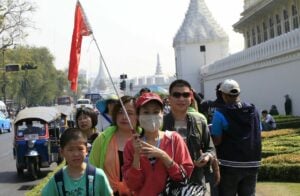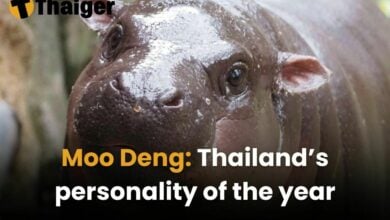Thai company negotiates to import world’s first pet vaccine from Russia

Pet owners of Thailand can rejoice that their pets may soon be able to get vaccinated from Covid-19. Supreme Pharmatech, a Thai based company, has entered into negotiations with Carnivac-Cov, a Russian manufacturer to secure what Russian media said will initially be 10,000 doses. It was not said when the vaccines are set to arrive or how much they will cost.
Milint Wintarasiri, chief executive officer of Supreme Pharmatech Co, said: “This is a good opportunity to contribute to the health of animals too, as many of us spend time in such close proximity to animals”. She added that “It will help reduce risk of potential infection, and now is an appropriate time since vaccination in humans is being carried out. So, a vaccine for animals is something that can help both humans and animal stay safe from the virus”.
“Risk of animals spreading SARS-CoV-2, the virus that causes Covid-19, to people
Some coronaviruses that infect animals can be spread to people and then spread between people, but this is rare. This is what happened with SARS-CoV-2, which likely originated in bats. Early reports of infections were linked to a live animal market in Wuhan, China, but the virus is now spreading from person to person.
SARS-CoV-2 spreads easily from person to person. People who are physically near (within 6 feet) a person with COVID-19 or have direct contact with that person are at greatest risk of infection. At this time, there is no evidence that animals play a significant role in spreading SARS-CoV-2 to people. Based on the available information to date, the risk of animals spreading COVID-19 to people is considered to be low. More studies are needed to understand if and how different animals could be affected by SARS-CoV-2.”
The test has been shown to be effective in protecting against Covid-19 for: dogs, cats, Arctic foxes, minks, foxes, and other animals, with minimal side effects. The exact effectiveness was not given, nor were specifics into what the side effects may be.
Konstantin Savenkov, deputy head of Rosselkhoznadzor, the Russian Federal Service of Veterinary and Phytosanitary Supervision, said the Carnivac-Cov vaccine has been tested on animals since October. Russia had first registered the Carnivac-Cov vaccine for animals on March 31.
SOURCE: The Phuket News
































